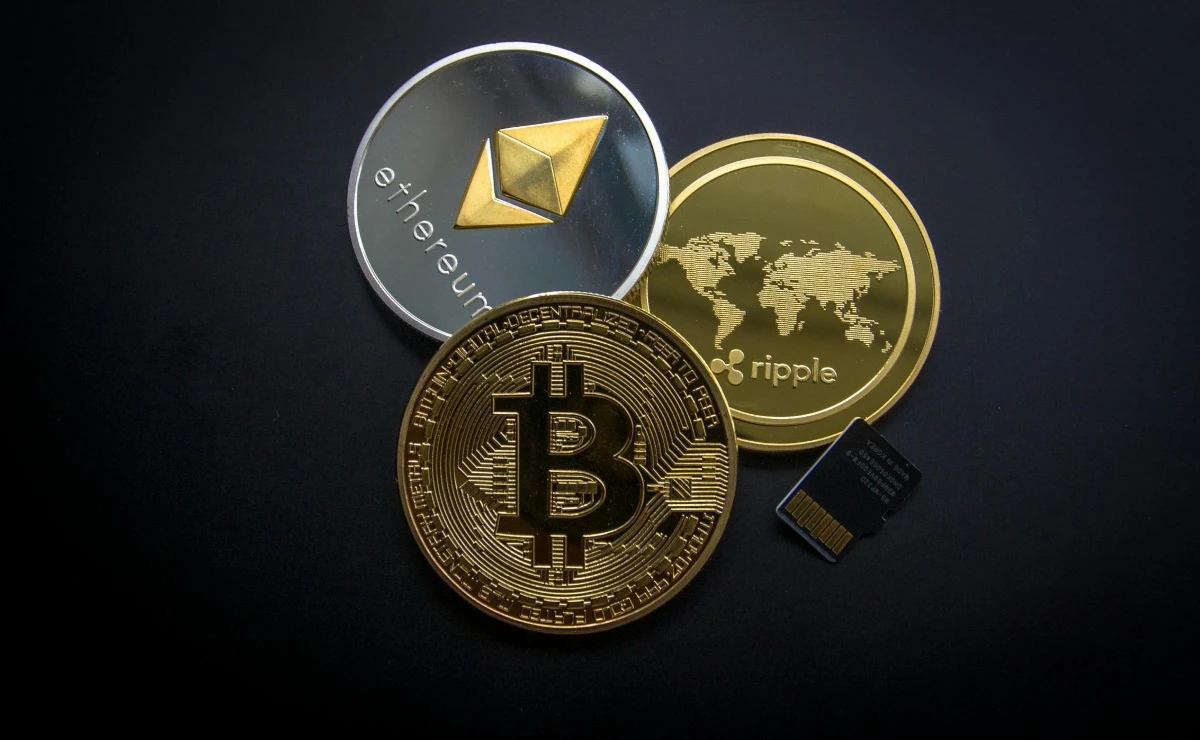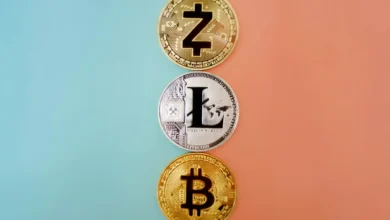The rising prominence of cryptocurrency has sparked extensive debate among Islamic scholars and financial experts regarding its compatibility with Sharia law. For Muslim investors, the question of whether digital assets like Bitcoin and Ethereum can be classified as halal or haram is critical, as Islamic finance adheres to strict principles that ensure ethical and equitable financial practices.
What Makes Cryptocurrency Halal?
A significant number of scholars argue that cryptocurrency can be halal under specific circumstances. Their reasoning lies in the function of digital assets as legitimate mediums of exchange, similar to traditional currencies. For instance, Bitcoin is increasingly being used as a global form of payment, providing transparency and ownership without involving any interest-bearing transactions. This aligns with Sharia principles, which require financial instruments to possess tangible value and serve a practical purpose.
Spot trading is another factor supporting cryptocurrency’s permissibility. Spot trading involves the immediate exchange of assets at current market prices, ensuring transactions remain clear and free from ambiguity. Scholars who consider spot trading halal or haram often evaluate its compliance with Sharia principles, as this form of trading avoids elements of speculation and deferred payments. This type of trading complies with Sharia law when conducted ethically, and purchasing and holding digital assets like Bitcoin or Ethereum equates to ownership of a tangible asset in the digital sphere. Ownership, as long as it does not involve riba or prohibited activities, is permissible under Islamic finance.
Why Some Scholars View Cryptocurrency as Haram
Despite the arguments in favor of cryptocurrency, other scholars classify it as haram due to its speculative nature and associations with forbidden activities. Cryptocurrencies are very volatile, and their prices are subject to quite unpredictable fluctuations. Critics argue that this volatility resembles gambling (maisir), where profits or losses depend largely on chance rather than skill or productive activity.
Another concern is the use of cryptocurrency in futures trading and derivatives markets. These financial instruments involve contracts based on price predictions rather than actual asset exchanges, creating a level of uncertainty (gharar) that Sharia law prohibits. Additionally, activities like staking—where investors lock their cryptocurrency to earn fixed returns—closely mimic interest-based income (riba), which is strictly forbidden in Islam.
Tokens associated with decentralized finance (DeFi) platforms, such as SushiSwap (SUSHI) or Uniswap (UNI), often offer rewards or returns through mechanisms that are not Sharia-compliant. These tokens rely on interest-based structures or speculative strategies that contradict Islamic financial principles.
Principles of Islamic Finance and Digital Assets
The permissibility of cryptocurrency must be assessed against the foundational principles of Islamic finance. First and foremost, riba, or interest, is strictly forbidden as it exploits individuals and undermines economic justice. Any activity or mechanism that generates fixed or predetermined returns is considered haram under Sharia law.
Gharar, or excessive uncertainty, is another significant consideration. Sharia-compliant transactions must be clear and transparent, avoiding ambiguity that could lead to disputes or unfair practices. Cryptocurrencies’ volatility raises questions about whether they inherently involve gharar, as price fluctuations can be substantial and unpredictable.
Islamic finance also prohibits investments that resemble gambling (maisir). Since cryptocurrencies can sometimes be traded purely for speculative purposes, with no real value or productive activity involved, such practices may be deemed haram. Finally, ethical considerations dictate that investments must be limited to halal ventures, excluding industries linked to alcohol, gambling, and other forbidden activities.
Crypto Bonus Offers and Promotions in 2024
For Muslim investors looking to reduce trading costs while adhering to Islamic principles, leading cryptocurrency exchanges now offer halal-compliant bonuses and promotions. Platforms such as Bybit, Binance, and HTX provide incentives like welcome bonuses, referral rewards, and trading fee discounts that align with ethical trading practices.
For example, Bybit offers a welcome bonus of up to $5,000 and competitive spot trading fees as low as 0.1%, making it an attractive option for traders. Similarly, OKX and Bitget provide reduced fees and rewards that apply specifically to spot trading markets, ensuring transactions remain immediate and free from riba or speculation.
As told Traders Union, these promotions help Muslim traders lower costs while staying compliant with Sharia law, provided they avoid interest-based or speculative activities like futures contracts and staking. Platforms with transparent bonus structures in spot markets offer a Sharia-compliant way to benefit from crypto trading incentives.
Crypto Staking and Its Challenges in Sharia Compliance
Staking has become a common method for cryptocurrency investors to earn rewards. However, its permissibility under Sharia law is widely debated. Scholars who oppose staking argue that it generates fixed returns without productive activity, equating it to earning interest. This classification places staking firmly in the category of riba, which is forbidden in Islam.
On the other hand, some scholars suggest that staking can be halal if rewards are linked to the contribution made to a blockchain network, such as improving its security. In these cases, the rewards are viewed as compensation for a service rather than interest-based income.
Expert Insight: Can Digital Wealth Be Declared Halal?
To address the central question—Is digital wealth halal or haram?—cryptocurrency and stock expert Mirjan Hipolito provides clarity:
“Cryptocurrencies can be considered halal if they are used within the law and in compliance with the ethical principles set forth in Shariah law. Spot trading of established digital assets like Bitcoin or Ethereum aligns with Sharia principles, as these assets provide utility and possess real value. However, practices like staking and futures trading, which involve interest and speculation, must be avoided to remain compliant with Islamic finance.”
Hipolito emphasizes that Muslim investors should focus on platforms that offer transparent, Sharia-compliant options:
“For cryptocurrency trading to align with Islamic principles, investors should prioritize spot trading, steer clear of interest-bearing assets, and consult knowledgeable Islamic finance specialists to ensure Sharia compliance.”
Final Thought
The classification of cryptocurrency as halal or haram depends largely on how it is used and the nature of the underlying activities. While established cryptocurrencies like Bitcoin and Ethereum can align with Sharia law when traded in spot markets, practices involving riba, speculation, or excessive uncertainty are incompatible with Islamic finance principles.
As Mirjan Hipolito highlights, the key to engaging with cryptocurrency in a halal manner lies in avoiding interest-bearing activities, speculative instruments, and non-transparent platforms. By adhering to Sharia principles and consulting experts in Islamic finance, Muslim investors can participate in the cryptocurrency market ethically and responsibly.





